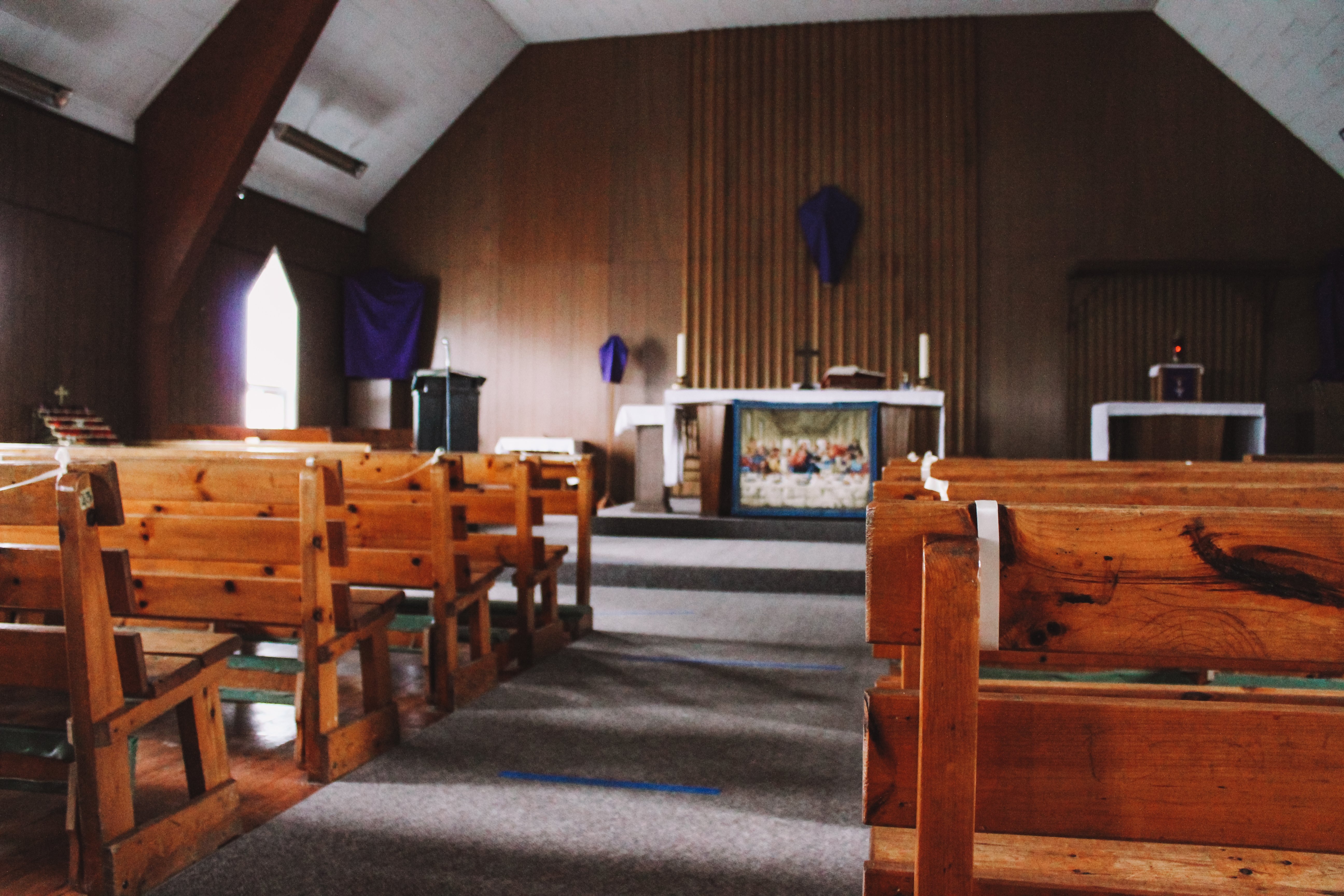
A Story Worth Hearing - Palm Sunday
People who study these sorts of things tell me that story telling is becoming a lost art. We just don't have the attention span to sit, to listen, to be with a story. It makes us uncomfortable because it takes so long, because the point isn't readily clear, because we just don't have the patience. And so, as a society, we often stop telling stories, or at least we shorten them. And yet the Church, as she so often does, does not allow us such impatience.
When I was growing up Palm Sunday was a day I looked forward to and dreaded in about equal measure. On the one hand I was given a bunch of palm branches and if the homily was boring I could always braid them or bop my sister on the head with them (or both). On the other hand I remember thinking how long Palm Sunday was. There was the Procession, which because I'm from Seattle, normally involved the rain, the Passion Gospel, and always the threat of my mother's glare as I bopped my sister one more time. Entering the story was about as far from my mind as anything could be.
The interesting thing about Palm Sunday though is that, even though it might seem long, it isn't the whole story, in fact it leaves out some very important things, like the washing the Disciples' feet, like a detailed account of the Last Supper, and most importantly, it ends before the Resurrection. Although we hear the rest of the story in the liturgy, notably in the Eucharistic Prayer, the thrust of the liturgy is one that is focused very much on a part of the story.
Palm Sunday is not meant to tell us everything, rather it is an invitation to go deeper into the story. It is an invitation to Holy Week, that time in the Church year where we remember just how our salvation was won by Jesus.
Yes, Palm Sunday is a longer service, and yes in the coming days there will be more occasions to go to Mass and services (such as Good Friday) than there normally are. Yes, at times it might seem boring and a waste of time. However, the Church encourages us to take some time and listen, really listen to the story that is being told. If we really listen, if we really take to heart and soul what is unfolding for us, we might, in the words of the Collect, "heed his lesson of patient suffering and so merit a share in his Resurrection."
So maybe save the palm braiding until after Mass.
Rebecca Spellacy is the Associate Director for Liturgy with the Office of Formation for Discipleship at the Archdiocese of Toronto.
